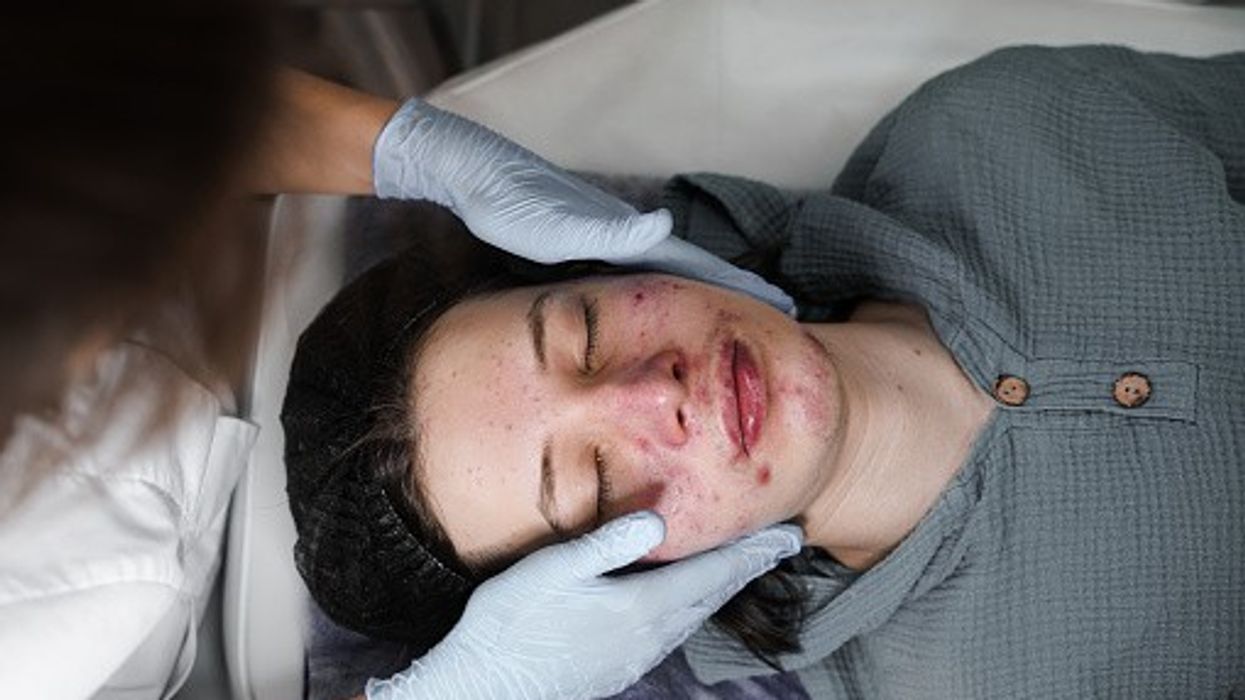Community pharmacists play a crucial role in the early detection of many skin diseases, including skin cancer and inflammatory skin conditions
The British College of Dermatology, the educational arm of the British Association of Dermatologists, has launched a series of online interactive dermatology courses for community pharmacists.
This six-course pack covers crucial information on skin examinations, managing common conditions like acne vulgaris, psoriasis, atopic eczema, and bacterial, fungal and viral skin infections, as well as promoting sun safety.
Each course includes case studies and skin examination advice, and can be self-reported as continued professional development.
The skin infections course supports pharmacists in delivering Pharmacy First services, covering topics such as impetigo, infected insect bites, and shingles.
Rod Tucker, course author and pharmacist with an interest in dermatology, said: “For many patients with skin disease, community pharmacists will be their first port of call. These new courses provide community pharmacists with the necessary skills and knowledge to advise and support patients with a skin problem.”
Barbara Mason, Director of Education of the British Association of Dermatologists said: “We are particularly excited for the creation of these courses, which we are hopeful will be of great help to community pharmacists. “
“Our pharmacy colleagues have a vital role in the early detection of many skin diseases, including skin cancer and inflammatory skin conditions, so it is essential that they are armed with the best information and tools with which to help the public.”
According to the British Association of Dermatologists, skin issues are among the most common reasons for seeking medical help in the UK, with around half of people considering they have a problem at any given time.
The six-course pack cover:
Management of acne vulgaris
Acne is a common concern, particularly among certain age groups. Patients with acne symptoms often seek guidance from their local pharmacist. This course equips pharmacists with essential information on the causes, development of lesions, treatment options, lifestyle factors, and the risks of scarring, enabling them to better support their patients.
Management of atopic eczema
This comprehensive module covers the potential causes, symptoms, and impact of atopic eczema. Community pharmacists will learn effective management strategies and gain knowledge about topical treatments.
Management of psoriasis
Psoriasis, a complex condition, often leads patients to seek advice from their community pharmacist. This interactive module allows pharmacists to explore the various forms, symptoms, causes, and potential triggers of psoriasis. It also covers topical treatments and effective management strategies, and provides insights into how the condition is treated in secondary care, including the use of biologics.
Skin examination
When patients inquire about skin concerns, performing skin examinations is crucial to determine the cause and develop an effective treatment strategy. In this interactive module, pharmacists will learn the essential questions to ask and understand their responsibilities.
Skin infections
This course will equip pharmacists with the skills to recognise, advise on, and treat common skin infections, including bacterial infections such as cellulitis and impetigo, fungal infections caused by tinea and candida, and various viral infections. It will enhance their confidence in assisting patients and provide guidance on when to refer them to a GP.
Sun safety
Pharmacists can learn about sun safety and the skin through interactive modules and real-life scenarios. They can gain skills to recognise, advise on, and prevent sun-related skin damage, as well as understand how UV radiation works, understand its adverse effects, and learn effective sunburn management strategies.
Through interactive learning and case studies, pharmacists can gain practical insights to confidently assist, educate, and advise patients.
To make this training more accessible, the British College of Dermatology is offering a 25 per cent discount on the purchase of the six-course pack.













